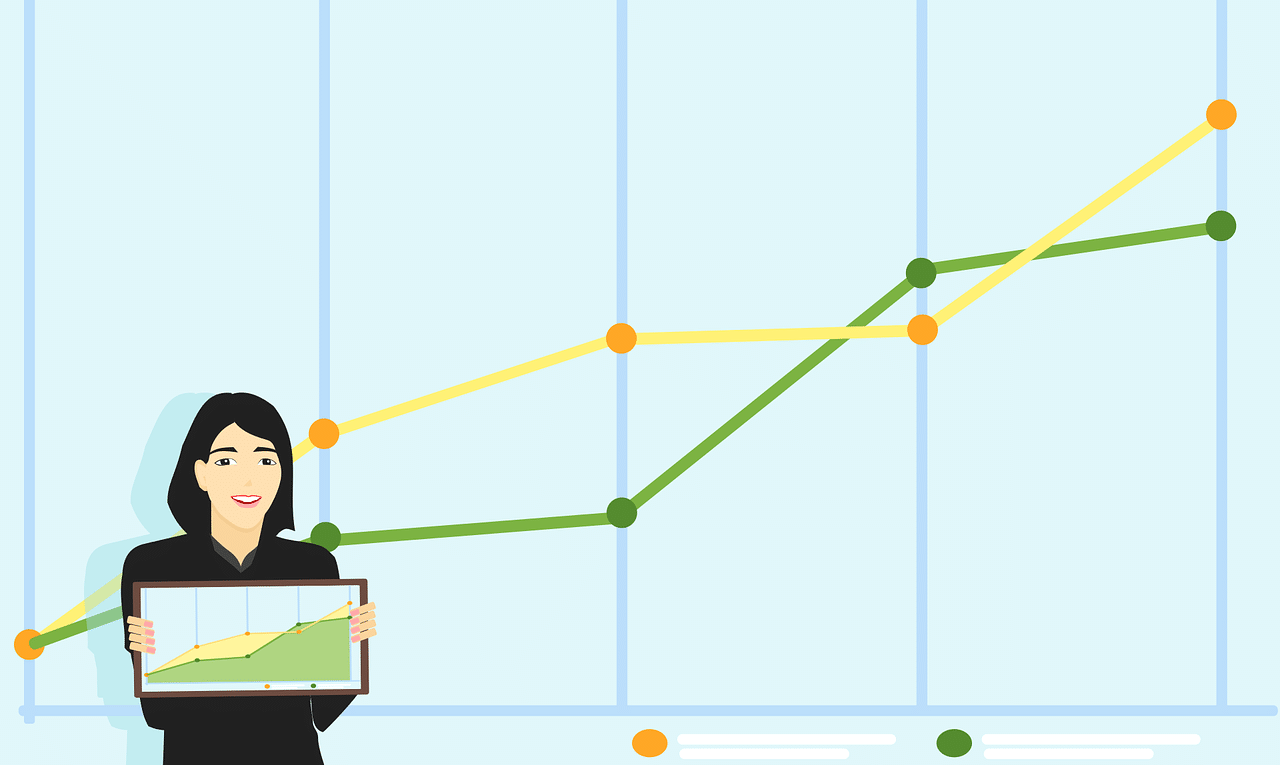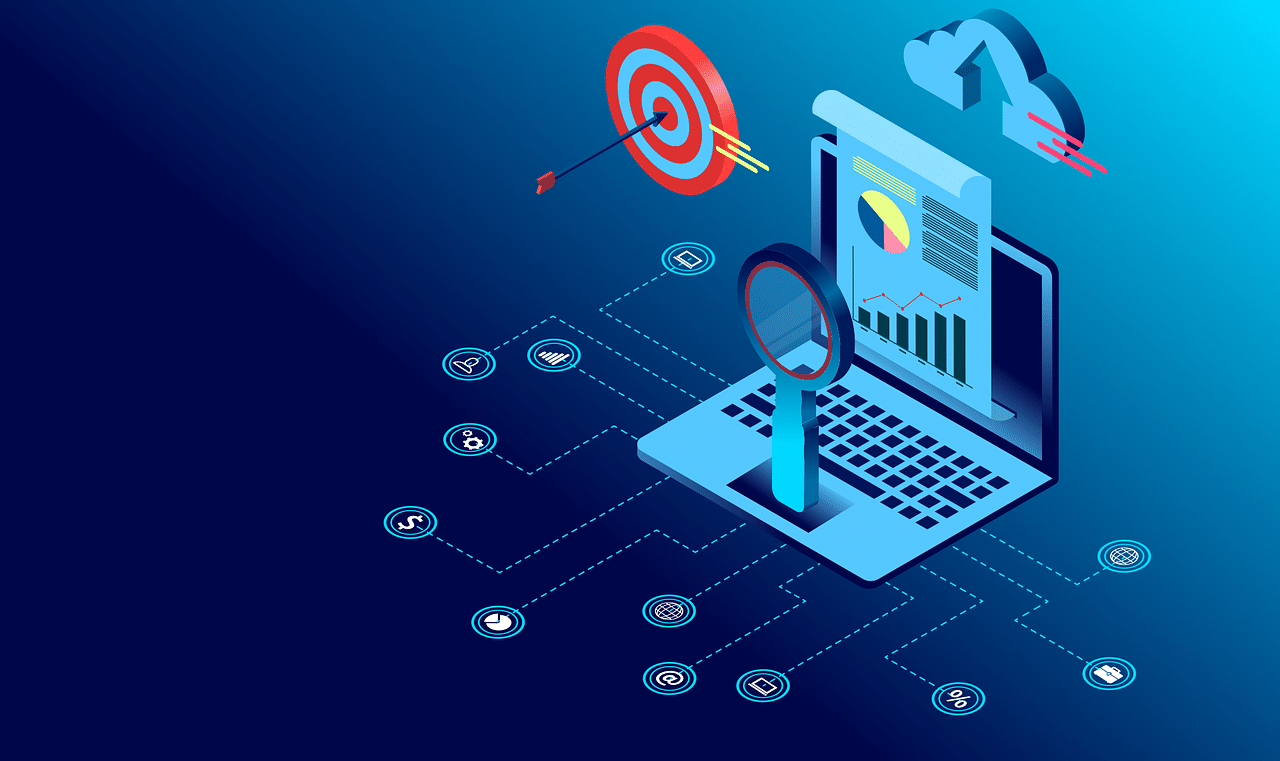
Business intelligence allows you to make a sales prediction.
Business intelligence is the set of tools, techniques and resources that, in a company, contribute to making decisions based on data . The concept is also mentioned in our language with the English expression business intelligence .
It can be said that business intelligence is based on the collection , processing and visualization of information . These practices make it possible to generate knowledge that offers a comprehensive overview of the company's activity.
History of business intelligence
The history of business intelligence began in 1958 , more than six decades ago. At that time, the German researcher Hans Peter Luhn (1896-1964), who worked for IBM , coined the notion in an article he titled "A Business Intelligence System." Through this idea, Luhn referred to the ability to know the connections between different events and that this knowledge can guide actions towards an objective .
In 1962 , business intelligence progressed thanks to the contribution of Canadian Kenneth Iverson (1920-2004), who established the pillars of online analytical processing (OLAP) through the development of a multidimensional programming language. In the following years, progress was made with the creation of databases .
The American Howard Dresner had a key role in the definition of business intelligence that is currently used. In 1989 , this professional associated the concept with methods whose application improves decision making using a support system.
Today it is maintained that business intelligence encompasses the strategies, technologies and procedures that are used to obtain and analyze data and thus produce useful knowledge for the performance of an organization.

Data visualization tools are very important in business intelligence.
Its operation
Artificial intelligence is based on the premise that companies have questions to answer and goals to achieve . Business intelligence collects and analyzes the data that allows generating responses to, in this way, guide actions to meet the objectives.
There is, therefore, a first phase of data collection , whose storage ( data warehousing ) is carried out in a database . Then the data analysis continues to answer the questions. At this point, data visualization is important.
When working with large amounts of data ( big data ), data mining is carried out. Using machine learning and other artificial intelligence tools, it is possible to discover patterns.
It is important to mention that descriptive analysis, prescriptive analysis, predictive analysis , financial analysis, trend analysis and other types can be developed, producing different reports. The idea is to know the KPIs (key performance indicators) and optimize project management and business performance management.

Business intelligence contributes to optimizing operations.
Characteristics of business intelligence
Specialists maintain that business intelligence goes beyond the generation of reports. Its purpose is to provide the necessary instruments to collect and analyze data that enable an understanding of trends .
Business intelligence, therefore, is built oriented to the use that can be given to the data. Thanks to its results, it is said to help detect problems, contribute to decision-making and discover business opportunities, for example.
It should be taken into account that business intelligence can be complemented or enhanced with different technologies. In this sense, it is common to use ERP (enterprise resource planning) and CRM (customer relationship management) software .
Different orientations
It should be noted that the concept of business intelligence can be associated with other "intelligence" . These orientations can be framed within the notion or considered independent areas.
If we focus on market intelligence , it refers to the analysis of competitor data. Thus, it allows evaluating the competitor's penetration or establishing customer segmentation.
Competitive intelligence , for its part, analyzes various external factors, such as competitors, innovation or technology in the sector. The data obtained is used to improve the internal functioning of the firm.
Sales intelligence , likewise, is based on information from both potential customers and active customers, while operational intelligence examines the company's operations. We can also name product intelligence , linked to our own products and even those of competitors.
Examples of business intelligence
An example of business intelligence is the operation of Netflix . The streaming platform, through process automation and advanced analytics, precisely knows the preferences of its customers based on the series and movies they watch. This allows you to make highly effective personalized recommendations, giving you a competitive advantage .
Another example of business intelligence is the organization of the routes of the courier and logistics company UPS . The company relies on artificial intelligence to analyze thousands of path alternatives, also studying variables such as weather conditions, to determine which is the most convenient route. This saves fuel, time and, therefore, money.
